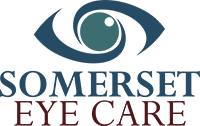Specialty and Scleral Lenses in North Brunswick, NJ
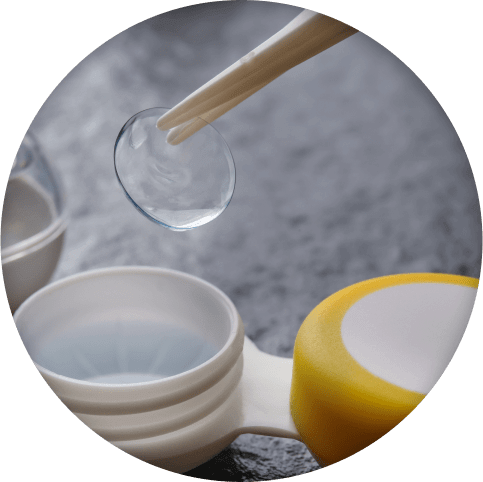
We Can Cover All Your Specialty Contact Lenses
and Scleral Contact Lenses Needs
Do You Struggle with Traditional Contacts? We Have Specialty Lens Options for You!
If you’ve been told that your dry eye symptoms, keratoconus, or severe astigmatism makes you “hard-to-fit” for traditional contact lenses, don’t lose hope — Somerset Eye Care is here for you! Our optometry practice specializes in offering innovative solutions tailored to unique eye conditions. With our selection of specialty contact lenses, including scleral contacts, multifocal, rigid gas permeable (RGP), and myopia management lenses, we’re committed to finding a comfortable, effective contact lens option that works for you. Let us help you experience clear, comfortable vision with our custom-fitted specialty lenses.
Exceptional Patient Care Starts with a Contact Lens Exam
Our comprehensive eye exams are a thorough examination of your eyes and health, but if a patient prefers contact lenses, we provide specialized contact lens exams. Our contact lens exams go beyond just determining your vision prescription, which is different from your eyeglass prescription, as contacts sit on the top of your eyes, rather than resting on your nose. We conduct thorough screenings of your front-of-eye health and take precise measurements of your eyes, a detailed approach that allows us to fully understand your unique eyes, and tailor effective contact lens solutions for your specific needs.
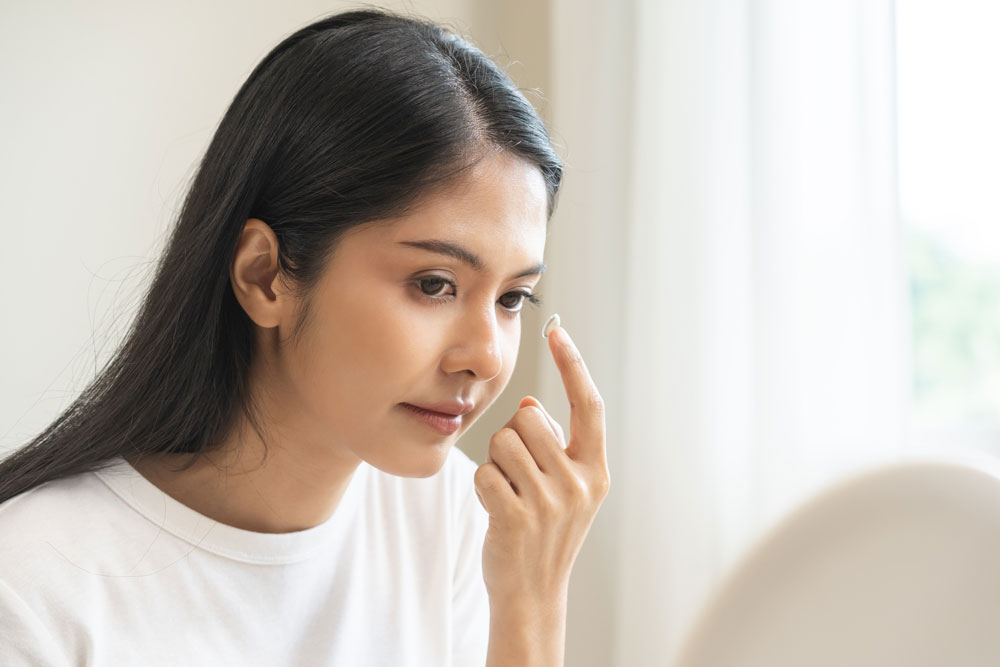
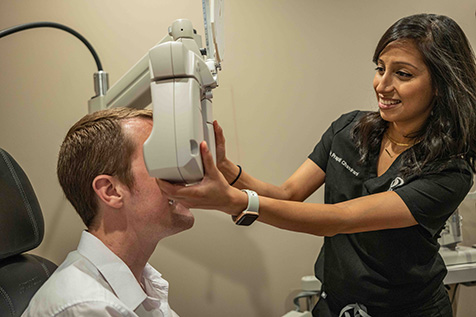
Specialty Lens Solutions at Somerset Eye Care
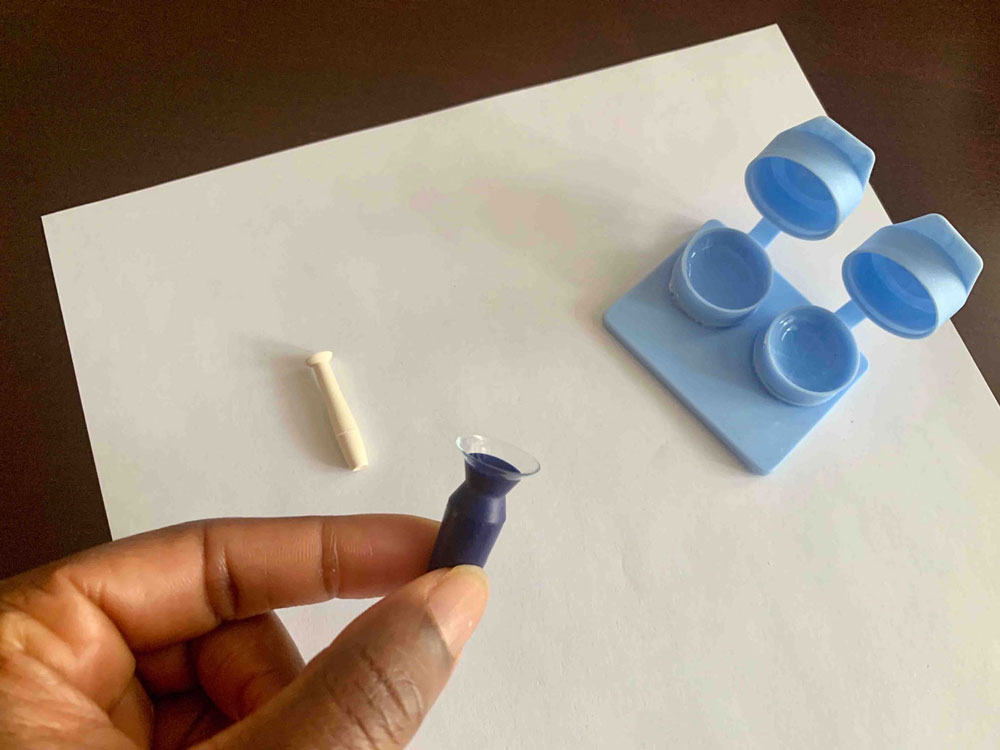
Scleral
Lenses
Scleral contact lenses are uniquely designed to vault over the “white” of your eyes, known as the sclera, making them more comfortable for those who might have found traditional contacts to be hard to wear. Remarkably, these lenses don’t just offer vision correction; they can also help improve certain conditions, such as dry eye, by maintaining a hydrating tear reservoir between the lens and the eye.
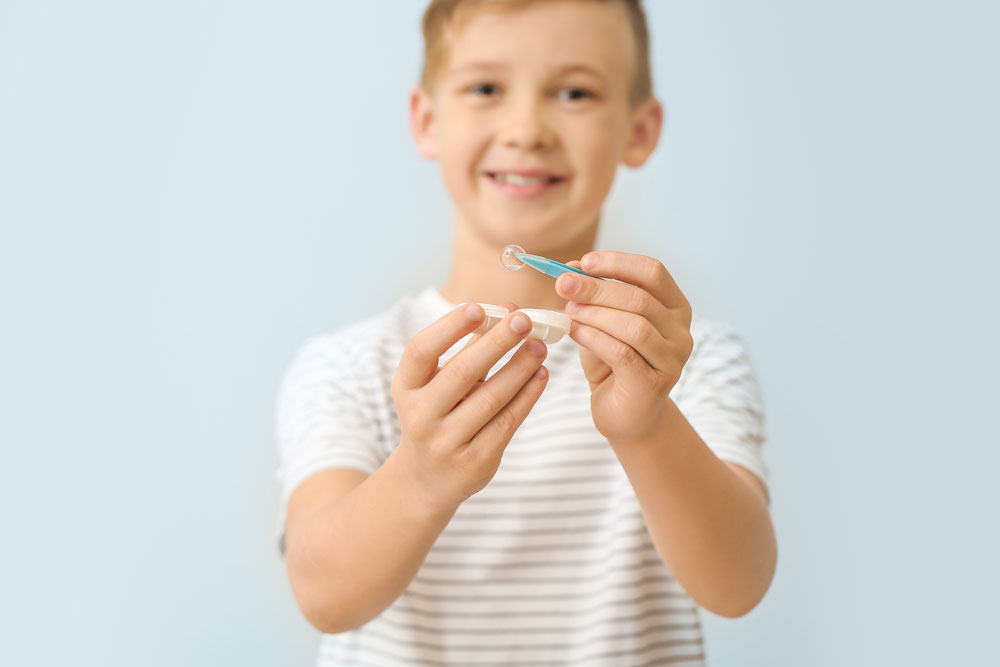
Ortho-K & Multifocal Lenses for Myopia Management
Nearsightedness, or myopia, is not just a vision issue; it can significantly impact a child’s development and education and can worsen considerably over time. Our child-friendly myopia management lens options, including Ortho-k overnight lenses and multifocal lenses, are designed to do more than just correct immediate vision issues; they play a crucial role in slowing the progression of myopia. Both lenses achieve similar goals, but ortho-k lenses are worn at night while you sleep, while multifocal lenses are worn during the day. At our practice, we are dedicated to creating a personalized plan that caters to your child’s unique visual needs and fits seamlessly into their daily life, ensuring their comfort and the optimal management of their myopia.
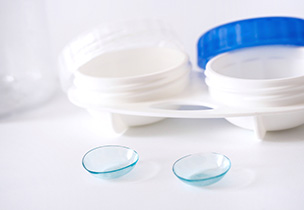
Rigid Gas Permeable
(RGP)
Rigid gas permeable (RGP) lenses, a type of specialty contact lenses, offer a distinct advantage over traditional soft contacts. Unlike soft lenses, RGP lenses maintain their shape while resting on the eye. Additionally, they’re made with material that ensures a healthy flow of oxygen to the cornea. These lenses are often prescribed for a range of vision issues, including astigmatism and certain corneal irregularities, making them a highly versatile choice.
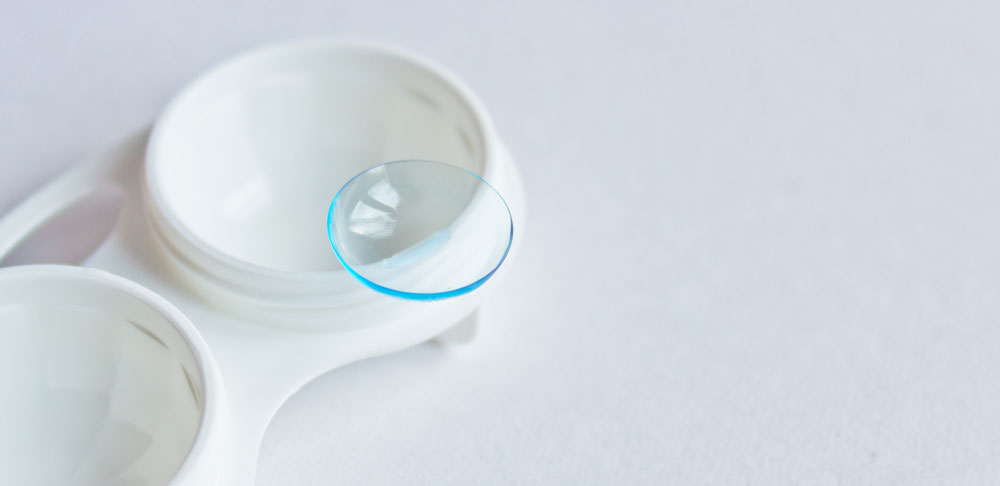
Multifocal
Lenses
Multifocal lenses combine two or more prescriptions within a single lens, letting patients see clearly at various distances and eliminating the need for multiple pairs of glasses. These specialty lenses allow you to seamlessly transition from reading a book up close to viewing distant objects, providing clear vision at all ranges. The versatility and convenience of multifocal lenses make them an ideal choice for those seeking an all-in-one solution to address their diverse visual needs.
All Your Specialty Lens Needs in One Place
At Somerset Eye Care, we’re here to serve the vision needs of our community, including our neighbors who have been told in the past they can’t wear traditional contact lenses. Our compassionate team of eye professionals use advanced technology to offer personalized fittings for specialty contact lenses, and a wide range of choices to ensure that everyone in our neighborhood can see clearly with contact lenses like scleral lenses. Schedule a contact lens exam at Somerset Eye Care today and discover the difference we can make in your vision.

